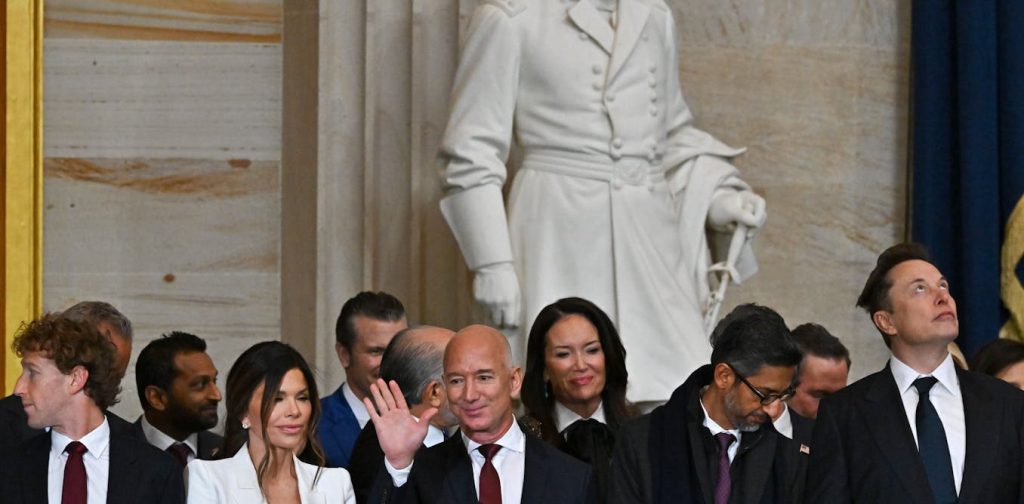Listen to the article
US Tech Giants Challenge Foreign Regulations in Global Free Speech Battle
Social media platforms have long operated across national borders, connecting hundreds of millions of users worldwide. X (formerly Twitter), with over 600 million active accounts spread across nearly every country, exemplifies this global reach. However, a growing conflict has emerged between these predominantly U.S.-based tech companies and national regulatory frameworks.
Recent developments highlight an escalating trend of American tech platforms using U.S. laws to challenge other nations’ regulatory authority. In February 2025, Trump Media & Technology Group and Rumble filed a lawsuit in the United States against Brazilian Supreme Court Justice Alexandre de Moraes. The suit contested his orders to suspend accounts on these platforms linked to disinformation campaigns in Brazil.
This legal action follows earlier unsuccessful efforts by Elon Musk’s X to resist similar Brazilian court rulings. Together, these cases demonstrate how U.S. corporate and political interests are increasingly attempting to override foreign regulatory frameworks by arguing that U.S. law should take precedence globally.
At the center of the dispute is Allan dos Santos, a right-wing Brazilian influencer who fled to the United States in 2021 after Justice de Moraes ordered his arrest for allegedly coordinating disinformation networks and inciting violence. Despite continuing his online activities from abroad, Brazil’s extradition requests have been rejected by U.S. authorities, who claim the case involves free speech issues rather than criminal offenses.
The lawsuit by Trump Media and Rumble attempts to frame Brazil’s judicial actions as censorship and territorial overreach. They argue that since dos Santos is physically located in the U.S., he should be protected by First Amendment free speech provisions, regardless of the fact that his content targets Brazilian audiences and allegedly violates Brazilian law.
A Florida-based judge ruled in late February that Rumble and Trump Media need not comply with the Brazilian order, signaling a significant shift in the contest over platform accountability – moving from corporate lobbying and political pressure to direct legal intervention against foreign jurisdictions.
This resistance against digital regulation isn’t new. In Brazil, efforts to regulate social media platforms have consistently faced opposition from tech giants. In 2020, the Brazilian “Fake News Bill,” which sought to hold platforms accountable for spreading disinformation, encountered strong resistance from companies like Google and Meta. Google placed banners on its Brazilian homepage urging users to reject the legislation, while Meta ran advertisements questioning the bill’s implications for the digital economy.
What distinguishes current challenges is the blurring line between corporate and political power. Trump Media was majority-owned by the U.S. president before he moved his stake into a revocable trust in December 2024. Meanwhile, Elon Musk, X’s owner and a self-described free speech absolutist, serves as a de facto member of the Trump administration.
The implications extend beyond Brazil. In response to the European Union’s Digital Services Act, U.S. Federal Communications Commission Chairman Brendan Carr, a Trump appointee, expressed concerns that the act could threaten American free speech principles. This signals a broader strategy where U.S. free speech arguments are being deployed to resist foreign regulations.
This approach overlooks significant international differences in free speech interpretation. Many democracies, including Brazil, Germany, and France, adopt a proportionality-based approach to free speech, balancing it against other fundamental rights such as human dignity, democratic integrity, and public order. While these countries recognize freedom of expression as fundamental, they also acknowledge that certain restrictions may be necessary to protect democratic institutions and the information ecosystem.
The legal battle over platform regulation is not confined to Brazil. The EU’s Digital Services Act and the UK’s Online Safety Act represent other governmental efforts to assert control over platforms operating within their borders.
As U.S. tech giants align with the free speech positions of the Trump administration, this convergence of corporate and political interests opens a new era in the deregulation debate. The outcome of these legal challenges could have profound implications for national sovereignty in the digital space and the ability of democratic governments to enforce their laws online.
With countries continuing to develop regulatory frameworks for digital governance, including AI regulation in Brazil and the EU, the strategies employed by platforms to challenge oversight mechanisms will significantly influence the future balance between corporate power and the rule of law in our increasingly interconnected digital world.
Fact Checker
Verify the accuracy of this article using The Disinformation Commission analysis and real-time sources.




8 Comments
The article highlights the tension between national sovereignty and the global reach of US tech companies. It’ll be important to find the right balance between free speech and content moderation.
Absolutely, this is a delicate issue that requires nuanced policymaking to address the concerns of all stakeholders.
Interesting to see how US tech giants are using domestic laws to challenge global regulations. Raises important questions about jurisdictional boundaries in the digital age.
Agreed, these cross-border legal battles highlight the complexities of regulating multinational social media platforms.
While I understand the tech companies’ desire to protect their business interests, I’m concerned about the potential undermining of national regulatory frameworks. This is a complex issue that deserves careful consideration.
The article raises valid concerns about the potential for US tech companies to circumvent national laws through legal maneuvering. However, I also recognize the complexities involved in regulating a truly global digital landscape.
This is a fascinating development in the ongoing debate around tech regulation. I’m curious to see how these legal challenges play out and what implications they may have for the future of global internet governance.
Agreed, it’s an important issue to follow closely as it could set precedents with far-reaching consequences.